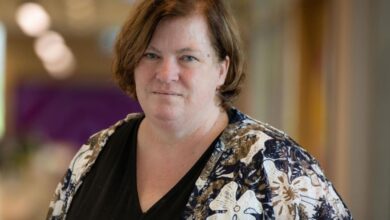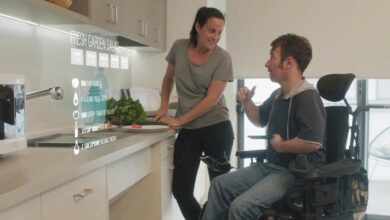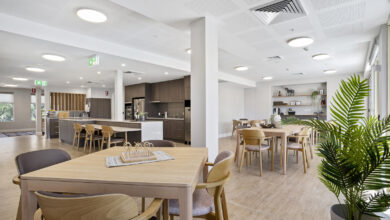Artificial intelligence reveals significant gaps in RAD: opinion

For too long the aged care sector has relied on estimations, provider competition and anecdotal information to set RAD charges. We have found this has resulted in providers either under or over-charging clients. In the case of under-charging, this obviously impacts on operational costs and service delivery.
In turn, the sector remains under the scrutiny of both the public and regulators. As we know, the events flowing out of the Royal Commission into Aged Care Quality and Safety have tarnished the reputations of many, justified or otherwise.
In my view, rebuilding trust within sound operational environments starts with transparency, evidence and fairness.
To this end, we have developed complex artificial intelligence algorithms to set RAD charges that are fair, accurate and evidence based. The formula, we term the RAD-Equation, calculates a myriad of factors, such as stock condition, room vacancy levels, ability to pay, room type and market conditions to calculate far more accurate RAD fees.
Coupled with myriad other data, a comprehensive report is generated to provide a complete picture for the provider. The data for our formula is generated both by the provider and a range of sources available to us. We believe this is the first time such a product has been available to providers in Australia.
The result is that providers no longer need to calculate RAD fees based on estimates, anecdotal information and what the competition is doing. Rather, decisions can be made based on evidence. This reduces the potential for over and under-charging clients.
For example, in Queensland a sample of more than 1,000 aged care room types found 19 per cent are under-priced between $30,463 and $141,743, while 16 percent are over-priced between $30,002 and $375,102.
For NSW, more than 2,000 scanned aged care rooms in the state revealed 19 per cent are under- priced between -$30,044 and -$760,518, while 20 per cent are over-priced priced between $30,227 and $773,285.
These figures may come as a surprise to providers and clients, but it does show how our sector must move forward based on evidence. Providers utilising the RAD-Equation can respond effectively to questions by clients about the amounts and clients can be satisfied the charges are fair and transparent.
It is crucial to set RAD prices that are fair and equitable as another step in building a healthy aged care sector for all.
Safdar Ali is the director of The Ageing Equation.
Email: [email protected]





